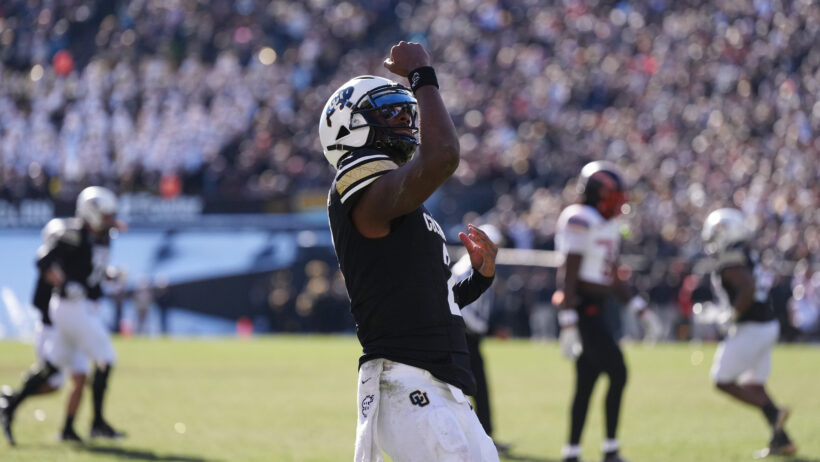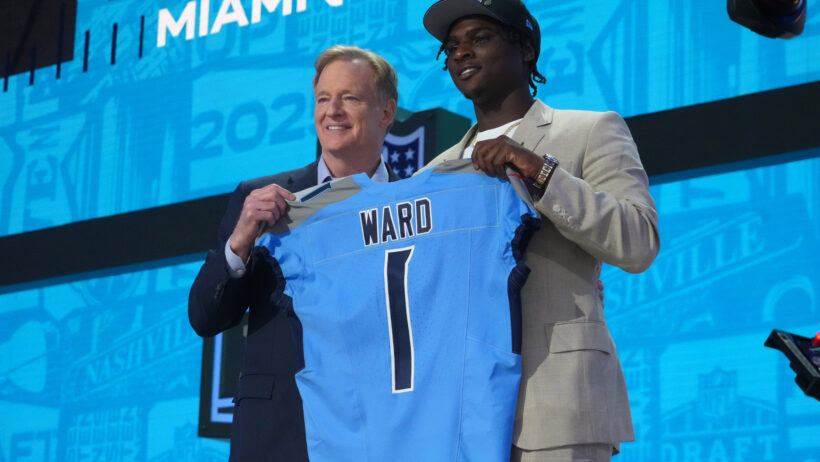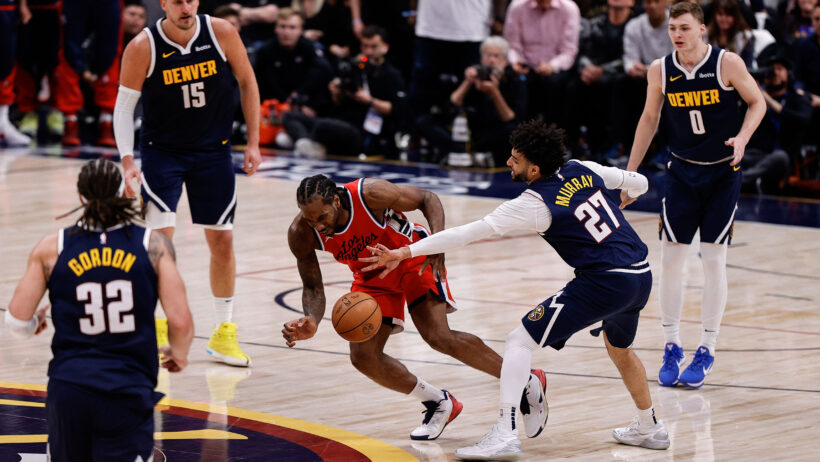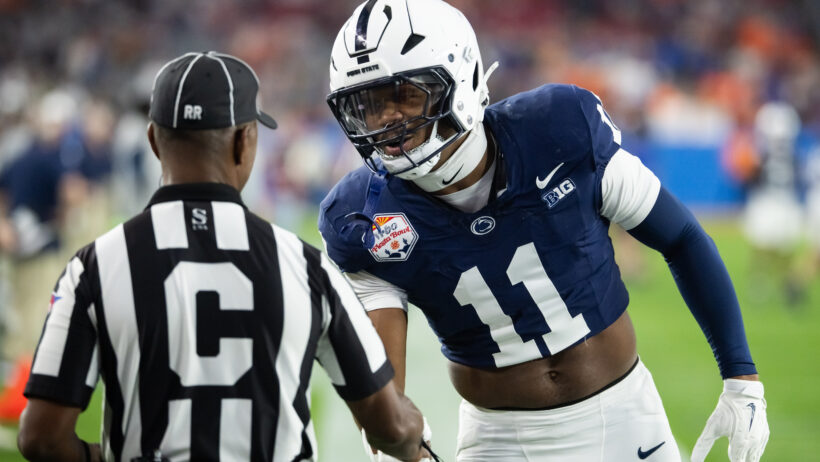What’s at Stake in Missouri Sports Betting Lawsuit Hearing?
By Robert Linnehan in Sports Betting News
Updated: December 18, 2024 at 1:48 pm ESTPublished:

- A hearing on the Missouri sports betting lawsuit will be held this morning
- Plaintiffs assert Missouri Secretary of State John Ashcroft incorrectly calculated number of valid signatures to appear on the ballot
- Ashcroft and Winning for Missouri Education believe petition received necessary signatures to appear on November general election ballot
The fate of Missouri sports betting could be decided this morning in Circuit Court of Cole County.
A hearing is scheduled for 10:30 a.m. CST for a lawsuit asserting that Missouri Secretary of State John “Jay” Ashcroft improperly certified the sports wagering petition for the upcoming general election.
If the suit is thrown out, a constitutional amendment question will appear on the Nov. 5 general election ballot for voters to potentially approve Missouri sports betting apps and retail sports betting. If a judge finds the suit has a legitimate claim, the question may not be presented to state voters.
What’s the Claim?
The lawsuit was filed on Aug. 21 by plaintiffs Jacqueline Wood and Blake Lawrence, who claim the Winning for Missouri Education campaign came up short for validated signatures in Missouri’s First and Fifth Congressional Districts and Ashcroft’s determination of sufficiency was incorrect.
Wood and Lawrence both run consultancy firms in Missouri that largely work with democratic clients. Neither Wood nor Lawrence, or their representing counsel, have responded to requests for comment on the suit.
Missouri requires a referendum initiative to collect signatures from 8% of valid voters from the previous gubernatorial election in at least six of its eight total congressional districts to be placed on a ballot. Plaintiffs allege that Ashcroft did not correctly calculate the number of signatures because he failed “to take the total number of people who voted for governor in 2020, multiply that number by eight percent, and then divide that number equally among Missouri’s eight Congressional Districts.”
The lawsuit claims if Ashcroft had correctly calculated the number of necessary signatures, the initiative would have also fallen short in the state’s first and fifth Congressional District.
On Aug. 13, Ashcroft approved the initiative petition, saying it received the necessary signatures in six of eight districts.
In the Secretary of State’s report, for the First Congressional District the campaign needed 25,632 signatures and submitted 55,864 signatures. The report noted that 25,714 signatures were valid, surpassing the necessary threshold by just 82 signatures.
In the Fifth Congressional District, the campaign submitted 34,818 signatures, of which 29,612 were classified as valid. The necessary signature threshold in that district was 28,458.
Counter Claims and Rebuttals
In addition to Wood, Lawrence, and Ashcroft participating in the lawsuit, the court also declared Winning for Missouri Education has “an interest” in the matter and can also participate.
Lawyers representing Winning for Missouri Education responded to the lawsuit in an official court document, asserting that the petition has sufficient signatures to appear on the November general election ballot.
“Plaintiffs fail to state a claim upon which relief can be granted. The Sports Wagering Petition has sufficient signatures to qualify for the November 2024 General Election Ballot regardless of the method by which those signatures are counted or apportioned,” counsel wrote.
The campaign also filed a counter-claim, asking that three counts in the lawsuit be barred by the “doctrine of laches,” a legal defense to prevent a plaintiff from filing a lawsuit purposefully late to the detriment of a defendant.
The plaintiffs knew of the necessary signature thresholds set forth by Ashcroft, but waited an excessive amount of time before filing its lawsuit, the defendants noted.
“Plaintiffs waited an unreasonable time raising their counting issues considering signature gathering was completed months ago and the Secretary’s thresholds were published more than a year ago. Winning for Missouri Education relied on the Secretary of State’s published numbers when gathering signatures,” they wrote.
In response, plaintiffs recently filed a claim to dismiss Winning for Missouri Education’s cross-claim, and any other claim it has in the lawsuit, as it’s an “unincorporated association” and has no standing in the case.
Winning for Missouri Education is neither a “person” under Missouri law, nor a “citizen” to have standing in the case, counsel reported. The plaintiffs requested that the campaign’s cross-claim against their suit be dismissed.
“Plaintiffs are aware of no case that involved a signature challenge that was not brought by a Missouri citizen.”
Sports Betting Polling Well
Missouri voters seem to be trending towards approval of legalized sports betting, according to recent polling from Saint Louis University Research Institute and YouGov.
The most recent Saint Louis University (SLU)/YouGov poll of 900 likely Missouri voters found that 50% of respondents support a constitutional amendment to legalize sports betting, compared with just 30% in opposition.
Support for the amendment was significant among Democrat voters and those who live in the St. Louis and Kansas City metro areas.
According to poll results, 50% of respondents support the constitutional amendment to legalize sports betting, 30% oppose the amendment, and 21% are unsure of how they will vote.

Regulatory Writer and Editor
Rob covers all regulatory developments in online gambling. He specializes in US sports betting news along with casino regulation news as one of the most trusted sources in the country.



